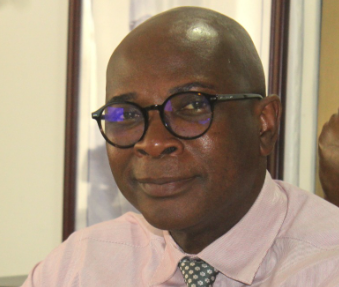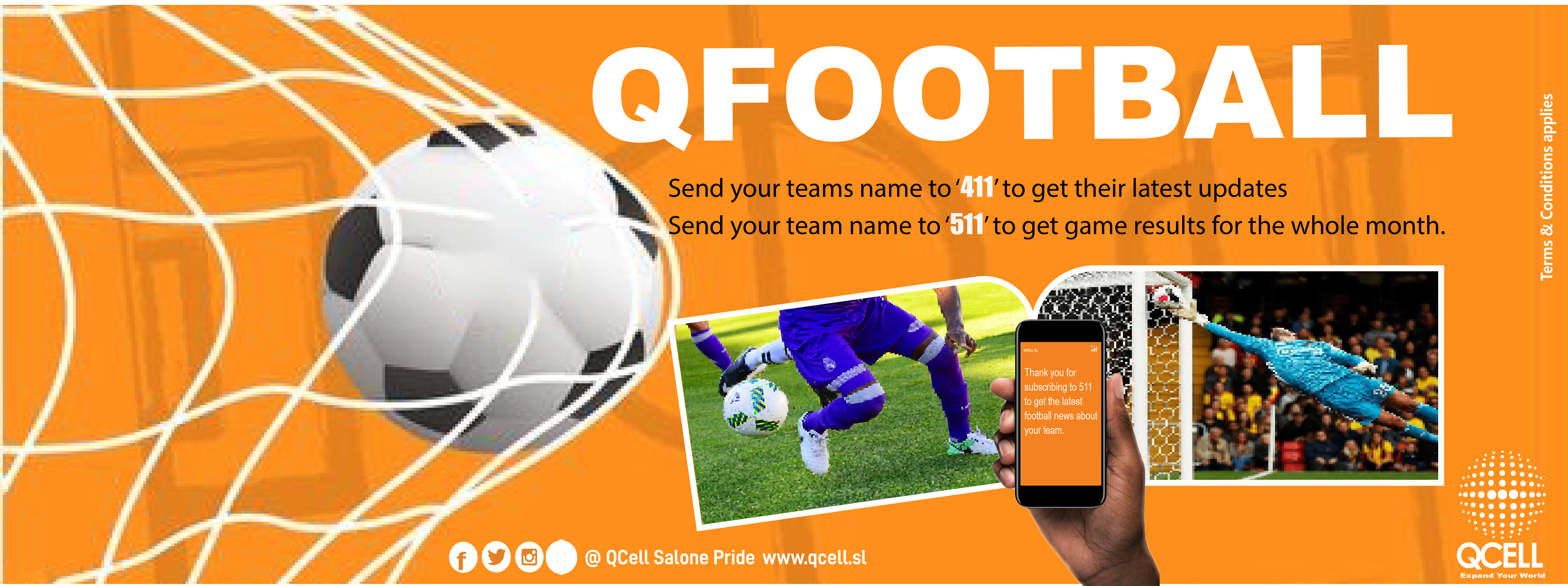By Alusine Fullah
Since when I was a small boy I have been pondering about the wrong path of our educational system. Sometimes I think about the student-teacher relationship. Sometimes I ask myself does education asymmetrical or symmetrical in nature? Between the two, (teacher and student) who is misleading who? Sometimes I think about the wrongful package of education. Yes, before planning the pedagogical principles of the so called education, did teachers consult/ seek the ideas of students? How dare you always think that you (teachers) are the repositories of knowledge! What a narrow-minded thinking!
In his book, Emerson Lukeman “The Pictures in Our Head” succinctly exposes the negative/ deceptive nature of education. Lukeman said that all the ideas/ pictures in our heads are stored by people around us. And for him, some of those people we are even smarter than them. But, because they are the first persons to arrive in this world they have been fortunate/ opportune to paint/ put some pictures in our heads. Now to some extent, we have no option to behave and think like the way they think or behave. What a world!! This concept has been applied in our educational institutions. In our educational institutions where we have the belief that lecturers/ teachers are always right.
A careful analysis of the teacher-student relationship at any level, inside or outside the school, reveals its fundamentally narrative character. This relationship involves a narrating Subject (the teacher) and patient, listening objects (the students). The contents, whether values or empirical dimensions of reality, tend in the process of being narrated to become lifeless and petrified. Education is suffering from narration sickness. The teacher talks about reality as if it were motionless, static, compartmentalized, and predictable. Or else he expounds on a topic completely alien to the existential experience of the students. His task is to “fill” the students with the contents of his/ her narration— contents which are detached from reality, disconnected from the totality that engendered them and could give them significance. Words are emptied of their concreteness and become a hollow, alienated, and alienating verbosity.
The outstanding characteristic of this narrative education, then, is the sonority of words, not their transforming power. “Four times four is sixteen; the capital of Sierra Leone is Freetown.” The student records, memorizes, and repeats these phrases without perceiving what four times four really means, or realizing the true significance of “capital” in the affirmation “the capital of Sierra Leone is Freetown,” that is, what Freetown means for Sierra Leone and what Sierra Leone means for Freetown.
Education thus has become an act of depositing, in which the students are the depositories and the teacher is the depositor. Instead of communicating, the teacher issues communiques and makes deposits which the students patiently (sometimes angrily) receive, memorize, and repeat. This is the “banking” concept of education, in which the scope of action allowed to the students extends only as far as receiving, filing, and storing the deposits. They do, it is true, and have the opportunity to become collectors or cataloguers of the things they store. But in the last analysis, it is the students themselves who are filed away through the lack of creativity, transformation, and knowledge in this (at best) misguided system. For apart from inquiry, apart from the praxis, individuals cannot be truly human. And, I am on the conviction that Knowledge emerges only through invention and re-invention, through the restless, impatient, continuing, hopeful inquiry human beings pursue in the world, with the world, and with each other.
On the contrary, education maintains and even stimulates the contradiction through the following attitudes and practices, which mirror oppressive society as a whole. Check around in education/ learning institutions today honestly all what I see: the teacher teaches and the students are taught; the teacher knows everything and the students know nothing; the teacher thinks and the students are thought about; the teacher talks and the students listen—meekly; the teacher disciplines and the students are disciplined; the teacher chooses and enforces his choice, and the students comply; the teacher acts and the students have the illusion of acting through the action of the teacher; the teacher chooses the program content, and the students (who were not consulted) adapt to it; the teacher confuses the authority of knowledge with his or her own professional authority, which she and he sets in opposition to the freedom of the students; the teacher is the Subject of the learning process, while the pupils are mere objects. What the teacher says is final.
I wish we apply a paradigm shift in our learning institutions. A shift from teacher centred system of education to teacher-student system of education. An educational system when where the students have to vastly instil knowledge to their tutors/ teachers. And educational system where the student talks and the teacher listens. Yes, I want a shift where the two parties think. A shift where students are considered as a deposit tank, where people can just come and deposit all kinds of rubbish. Yes, a shift that can that enable the teacher vividly that he/she is NOT the repository of knowledge.
Student- teacher relationships have displayed many advantages in the classroom. To start, students who share a positive relationship with their teacher develop stronger social-emotional skills. In addition, these students are more likely to absorb an increased amount of academic knowledge (Positive teacher-student relationships have cascading benefits). The result of a strong student-teacher relationship is that it allows students to feel confident through exploration and taking risks in their academic tasks. In short, students who have a positive student-teacher relationship demonstrate a stronger performance in the classroom.













